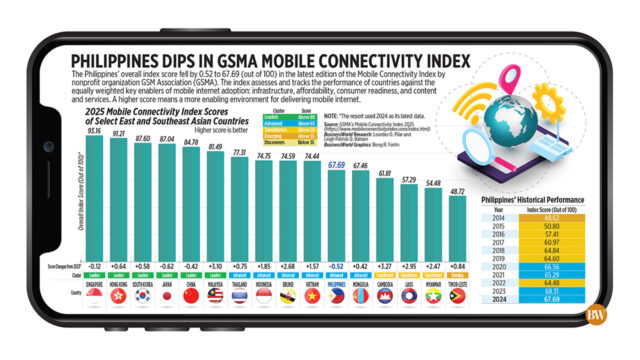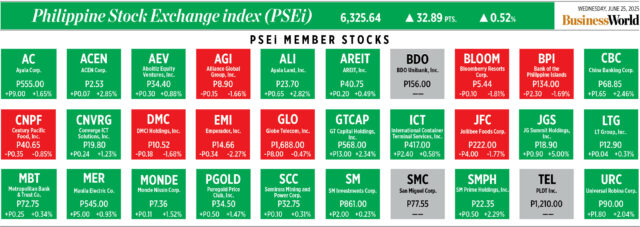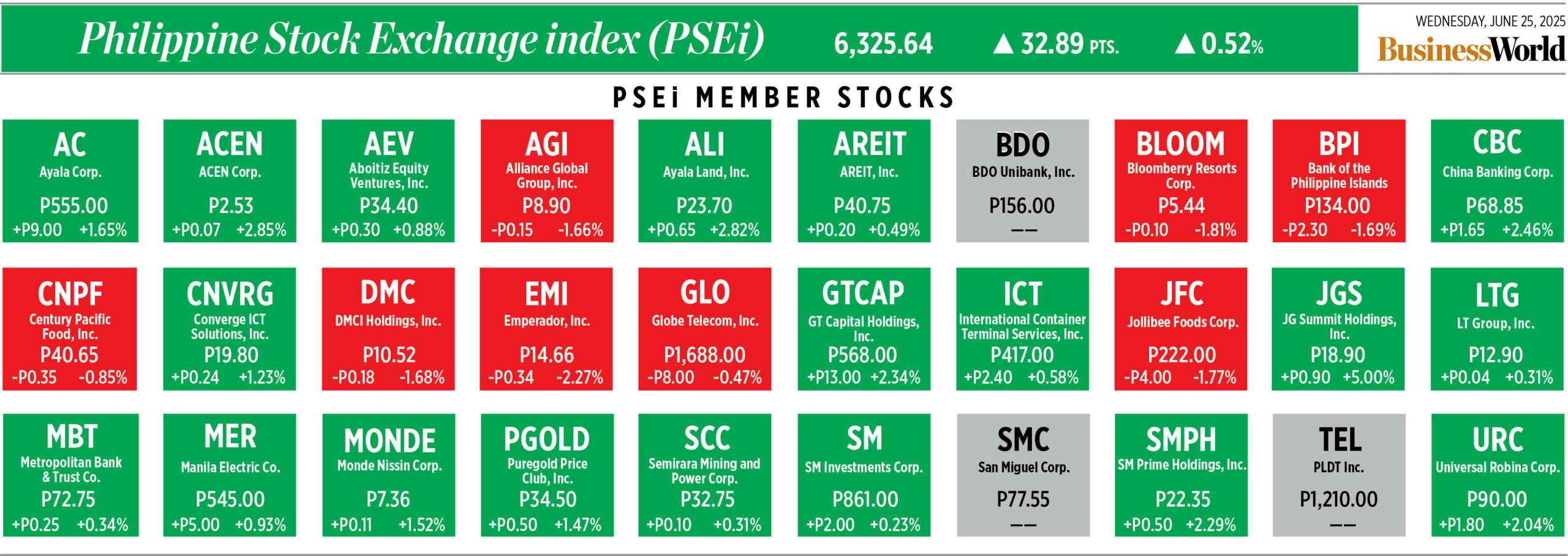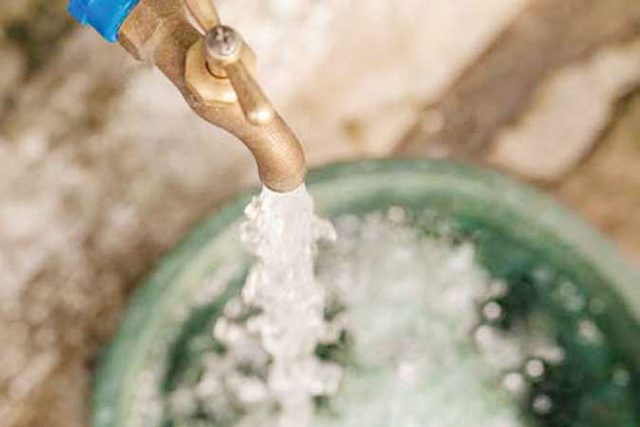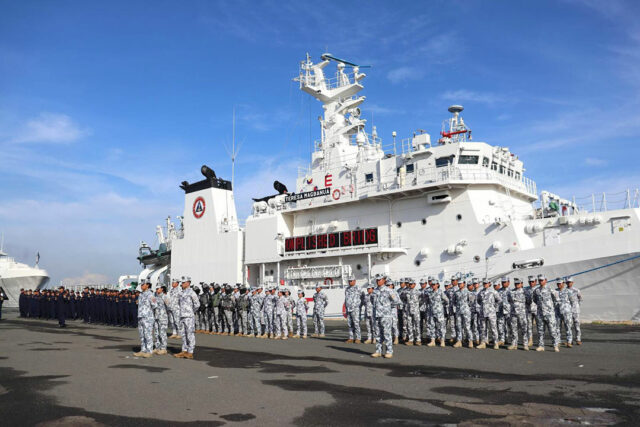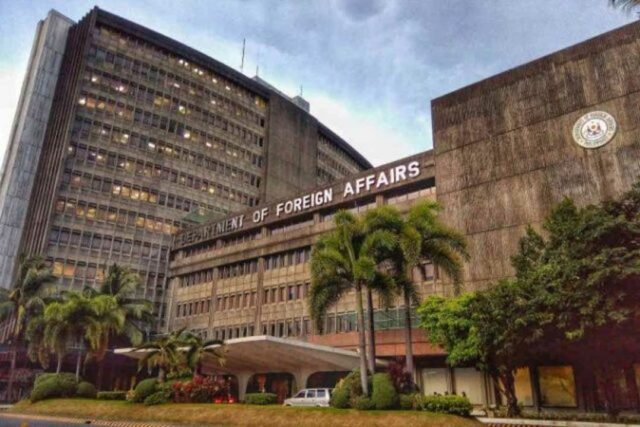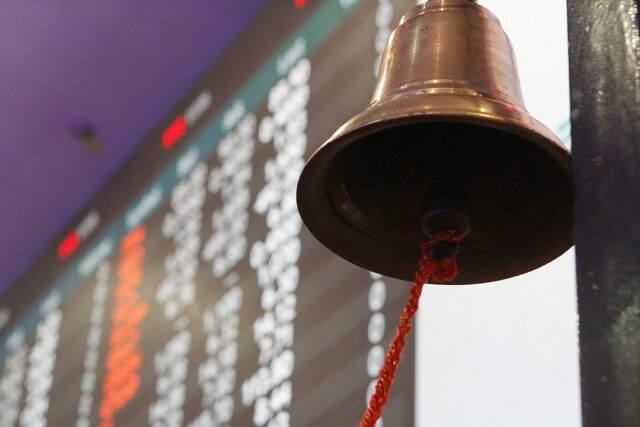By Kenneth Christiane L. Basilio, Reporter
THE SENATE could dismiss the impeachment complaint against Vice-President (VP) Sara Duterte-Carpio if a motion is raised, its chief said on Wednesday, adding that no rules prevent senators from initiating such a move.
Only 13 senators of the 24-member chamber are needed to back a motion to dismiss the impeachment charges, Senate President Francis G. Escudero told a media briefing.
“Where in the Constitution or the impeachment rules does it say that this kind of motion is prohibited?” he asked in Filipino.
“Show me the law or rule that says this kind of motion is prohibited. There’s no such banned motion, and there’s no forbidden request,” he added.
Ms. Duterte, who emerged as a contender in the 2028 presidential election, was impeached by the House of Representatives in February, facing a slew of accusations ranging from budget anomalies to plotting the assassination of President Ferdinand R. Marcos, Jr., his wife and the Speaker. She has denied any wrongdoing.
Her lawyers on Monday filed a response to the impeachment complaint, asking the charges to be dropped as she alleged that congressmen violated the prohibition against multiple impeachment proceedings when they impeached her.
She added the complaint, which she described as a “piece of scrap,” lacked factual basis.
“The Vice-President’s answer with a motion might be discussed,” said Mr. Escudero. “The impeachment court could defer its decision on it, or it might act on it.”
The senators, who would act as jurors for the trial, would decide on the dismissal plea by Ms. Duterte when the impeachment court convenes. The case is expected to start in late July under the 20th Congress.
“Someone has to bring it up,” the Senate President said, referring to the dismissal motion. “It was already brought up in the answer, so I presume her lawyers will do that.”
Senators can raise the same motion, too, he said. “Anyone has the right to make a request, based on their belief, for whatever it is they wish to ask.”
“If there’s an objection and they want it put to a vote — then it will be voted on,” he said.
Mr. Escudero said if senators vote to grant the motion, then it signals that securing the two-thirds vote needed for conviction is no longer feasible.
“If you already have a simple majority to dismiss, then it’s impossible to reach two-thirds,” he said. “Math would dictate that outcome.”
Only the Supreme Court has the authority to determine whether senators violated the 1987 Constitution by dismissing the impeachment case, the Senate President said.
The Constitution states that the Senate “have the sole power to try and decide all cases of impeachment.”
Senators and prosecutors could also raise a motion to immediately convict Ms. Duterte without further trial, said Mr. Escudero. “It cuts both ways.”
“They can move for that too. I can’t stop it from happening,” he said. “But I will not vote for it.”
House spokeswoman Priscilla Marie T. Abante, in response, said the Senate should rule on the complaint based on the merits of the case and should allow the prosecution to present its case to the impeachment court.
“My appreciation of the constitutional principle ‘to try and decide’ includes the presentation of evidence — giving the prosecution an opportunity to present its case and allowing the defense to present its evidence as well to defend its position against the allegations,” she said in Filipino in a separate media briefing.
Michael Henry Ll. Yusingco, a senior research fellow at the Ateneo de Manila University Policy Center said that dismissing the complaint without trial is in violation of the Constitution.
“The command of the constitution is to conduct trial. This is very clear in Section 3 of Article XI. To dismiss the complaint means not to conduct a trial. And so, to grant the motion to dismiss violates the constitution,” he said in a Facebook Messenger chat.
“The impeached official can file a motion to dismiss. But the impeachment court cannot grant this because the command of the constitution is to proceed with trial without delay. To grant the motion to dismiss would mean disregarding this command.”
Further, Ephraim B. Cortez, president of the National Union of Peoples’ Lawyers, said that the Senate rules on impeachment did not provide for a Motion to Dismiss, but required for the respondent to file an Answer, in preparation for the full-blown trial.
“[This means] that while a Motion to Dismiss is not a prohibited pleading, the rules do not explicitly provide that such a remedy may be availed of,” he said in a Viber message, noting such a motion may be allowed in specified circumstances.
“The absence of such remedy in the Rules of Procedure promulgated by the Senate indicates such a remedy is not available. On its own, the Senate cannot dismiss the complaint considering that it already issued the summons which indicate that the articles of impeachment are sufficient in form and substance.”
Former Supreme Court Justice Antonio T. Carpio said whether the Senate moves to dismiss the impeachment or not, it may be taken up to the Supreme Court.
“If the Senate votes to dismiss, the prosecution can appeal to the Supreme Court. If the Senate votes not to dismiss, the defense can appeal to the Supreme Court,” he said in a Viber message.
Meanwhile, the House prosecution panel submitted a document to the Senate certifying that the chamber adhered to the Constitution when they impeached the Vice-President and asserted that there was no legal basis for the senators to return the ouster raps.
“This submission is without waiver of the prosecution’s position that there is no legal basis for the return of the Articles of Impeachment forwarded to the Senate,” according to a copy shared with the media.
Senators in early June voted to return the impeachment complaint back to the House to clarify its constitutionality, asking the lower chamber to certify that they lawfully crafted the ouster charges against Ms. Duterte, who was impeached without a hearing.

